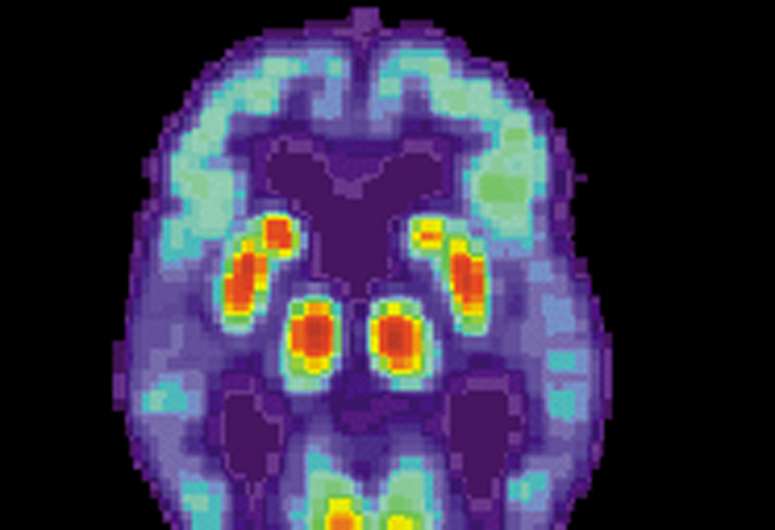Study Finds No Advantage of Enhanced Protein Nutrition in Critical Illness Recovery

A comprehensive study finds that increasing protein intake during critical illness offers no significant improvement in patient recovery outcomes, prompting calls for further research into nutritional strategies in ICU care.
Research conducted by the University of Adelaide has revealed that increasing protein intake through specialized nutritional formulas during critical illness may not provide the expected health benefits. The study involved 3,397 intensive care unit (ICU) patients across Australia and New Zealand, who were subjected to a 12-month crossover trial comparing high-protein (100g/L) and lower-protein (63g/L) enteral nutrition provided via feeding tubes. Patients received each formula for three months, allowing researchers to evaluate the impact of protein levels on recovery outcomes.
The findings, published in the Journal of the American Medical Association (JAMA), suggest that the higher protein formula did not significantly improve key recovery metrics. Specifically, there was no increase in the duration patients stayed outside the hospital, nor improvements in secondary measures such as ventilation time, ICU length of stay, or rates of tracheostomy and kidney replacement therapy. Additionally, the study found that high protein intake could potentially pose risks for patients with acute kidney failure.
Lead researcher Matthew Summers emphasized that current international guidelines on protein provision in critical care are based on low-quality evidence. The results challenge the assumption that more protein during the early phase of critical illness uniformly benefits patients. Senior ICU dietitian and co-author Associate Professor Lee-anne Chapple noted that while early high-protein nutrition did not show benefits, future research could explore whether higher protein delivery during the recovery phase might be advantageous.
The study highlights the importance of cautious nutritional strategies in critical care settings and underscores the need for further investigation into optimal timing and dosing of protein to enhance long-term recovery in critically ill patients. The research team continues to explore targeted nutritional interventions that might better support recovery after critical illness.
Source: https://medicalxpress.com/news/2025-07-protein-nutrition-critical-illness-benefit.html
Stay Updated with Mia's Feed
Get the latest health & wellness insights delivered straight to your inbox.
Related Articles
Understanding the Connection Between Diabetes and Dementia
Recent research highlights the strong link between diabetes and dementia, emphasizing how blood sugar management can help preserve cognitive health and prevent decline.
AI-Driven Robotic Echocardiograms Could Reduce Waiting Times and Improve Cardiac Care Access
Innovative AI-controlled robotic echocardiogram systems could revolutionize heart imaging by reducing wait times and expanding access, addressing current NHS staffing shortages.



